Online – Learning Curriculum for Teaching Primary Teachers to Teach Computing Science under the Coding Thailand Project
Institute for Innovative Learning, Mahidol University


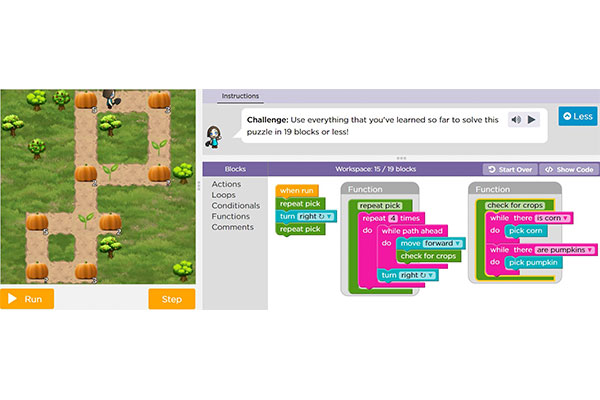
Online – Learning Curriculum for Teaching Primary Teachers to Teach Computing Science under the Coding Thailand Project
Institute for Innovative Learning, Mahidol University
Research Title:
Online – Learning Curriculum for Teaching Primary Teachers to Teach Computing Science under the Coding Thailand Project
Researcher:
Asst.Prof. Dr.Namkang Sriwattanarothai
Computational Thinking (CT) is a problem-solving process in a way that a computer could execute. It requires the ability to think at multiple levels of abstractions or conceptualizations. Therefore, it is important for everyone, not only programmers or computer scientists, as it is a fundamental skill for human to solve real-world problems, especially in the digital era.
Regarding the importance of CT and the revised Thai science curriculum (A.D. 2017), Computational Thinking research group at the Institute for Innovative Learning, Mahidol University (MUIL CT Research group) has developed an online-learning curriculum, with the emphasis on training primary teachers to teach computing science. Moreover, this online-learning curriculum is a part of national project named “Coding Thailand” initiated by the Digital Economy Promotion Agency (DEPA), Ministry of Digital Economy and Society in cooperation with Code.org, a non-profit organization that provides online training programs for computer science teachers, and Microsoft Thailand. Therefore, the online curriculum was developed with the intention to (1) teach the primary teachers how to facilitate primary students to learn coding, and (2) promote computational thinking in primary teachers.
Teachers participate in the online learning by using Microsoft Teams as a platform to learn, share, and communicate with instructors and peers. There are two main parts in this platform: (1) the self-learning part which includes practice coding through selected lessons from Code.org and unplugged activities in the form of VDO clips and documents suitable for teaching primary students; and (2) face-to-face discussion and sharing via Microsoft Teams conferences (one hour/week). To complete the learning goals of teaching at the primary level, teachers are encouraged to complete all weekly self-learning parts as well as attend face-to-face discussion and sharing for nine weeks. Each week, they have to complete the suggested lessons before attending the one-hour live discussion via Microsoft Teams. The discussion covers both the content and the pedagogy of CT.
We hope that the online-learning curriculum helps teachers learn how to code and how to teach coding effectively so that their students would gain both knowledge and CT skills.
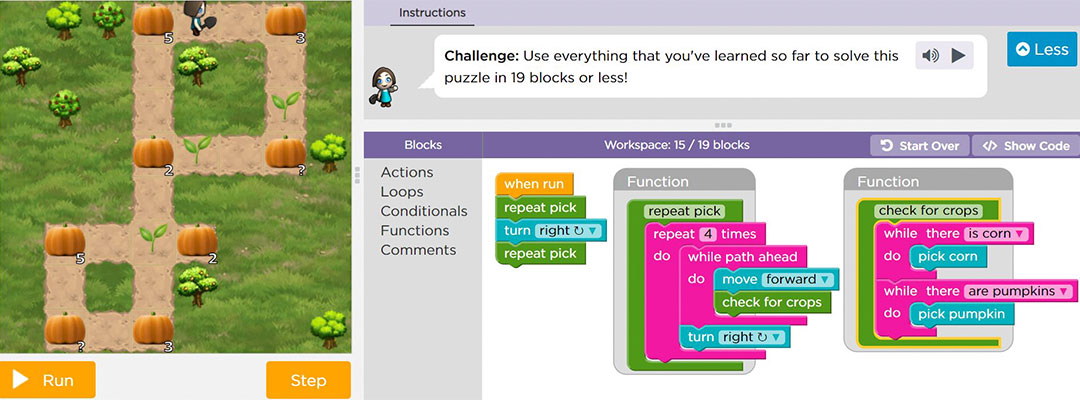
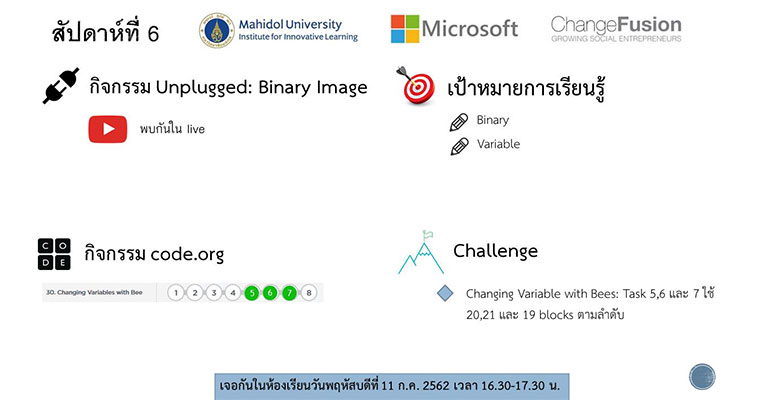
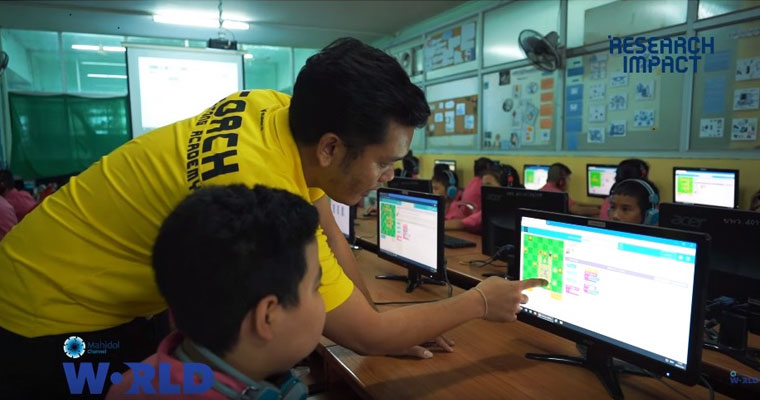
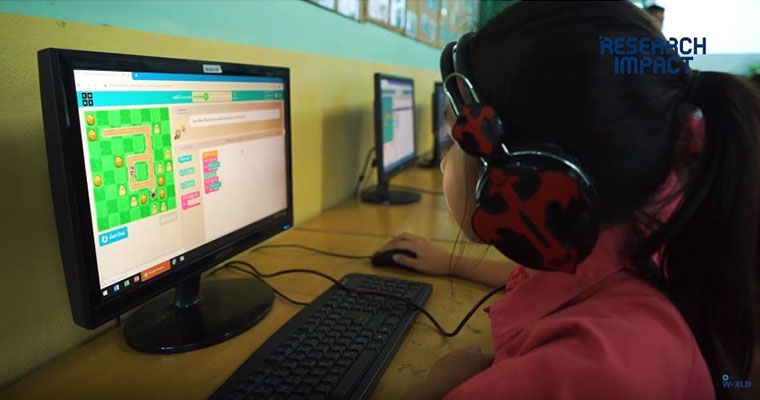
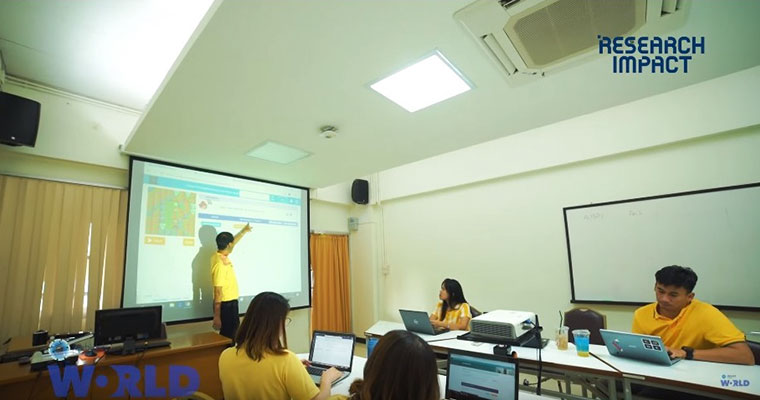
Key Contact Person:
Asst.Prof. Dr.Namkang Sriwattanarothai
Institute for Innovative Learning, Mahidol University
namkang.sri@mahidol.edu